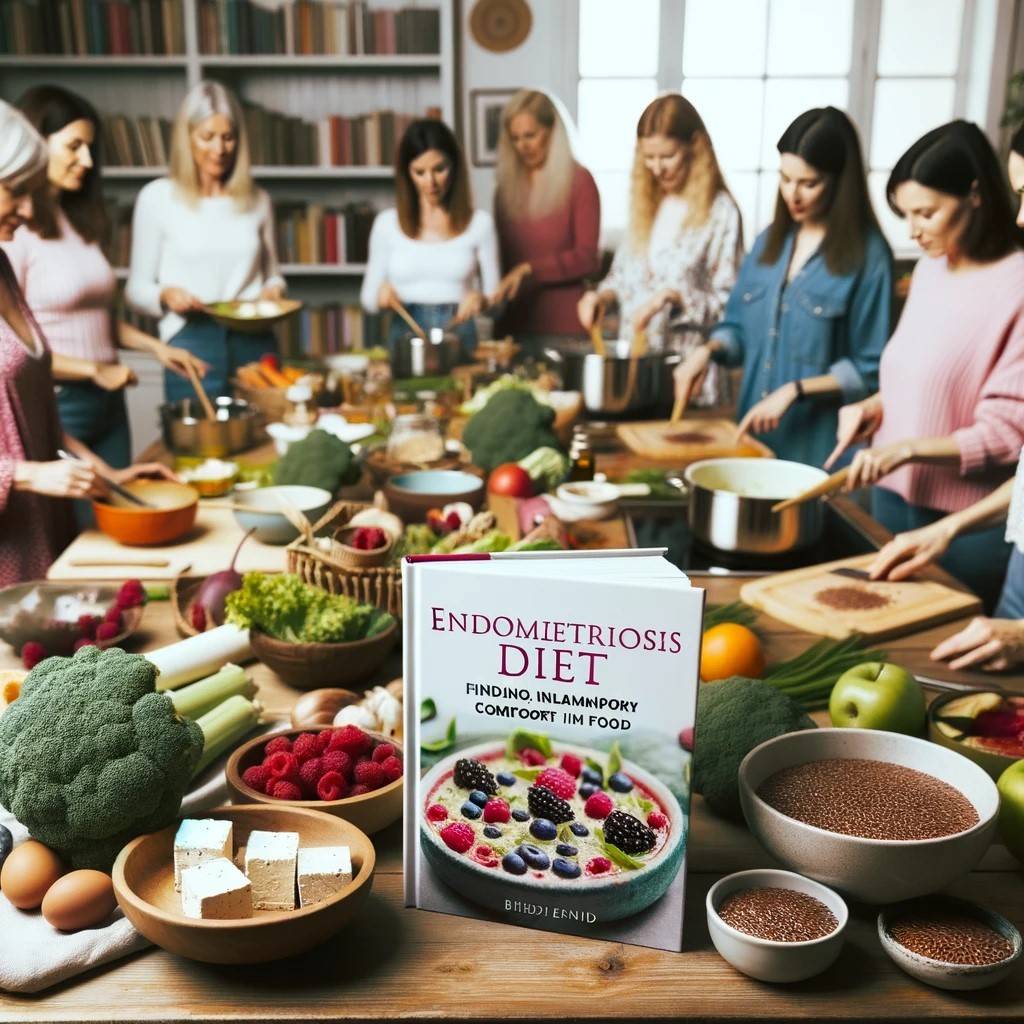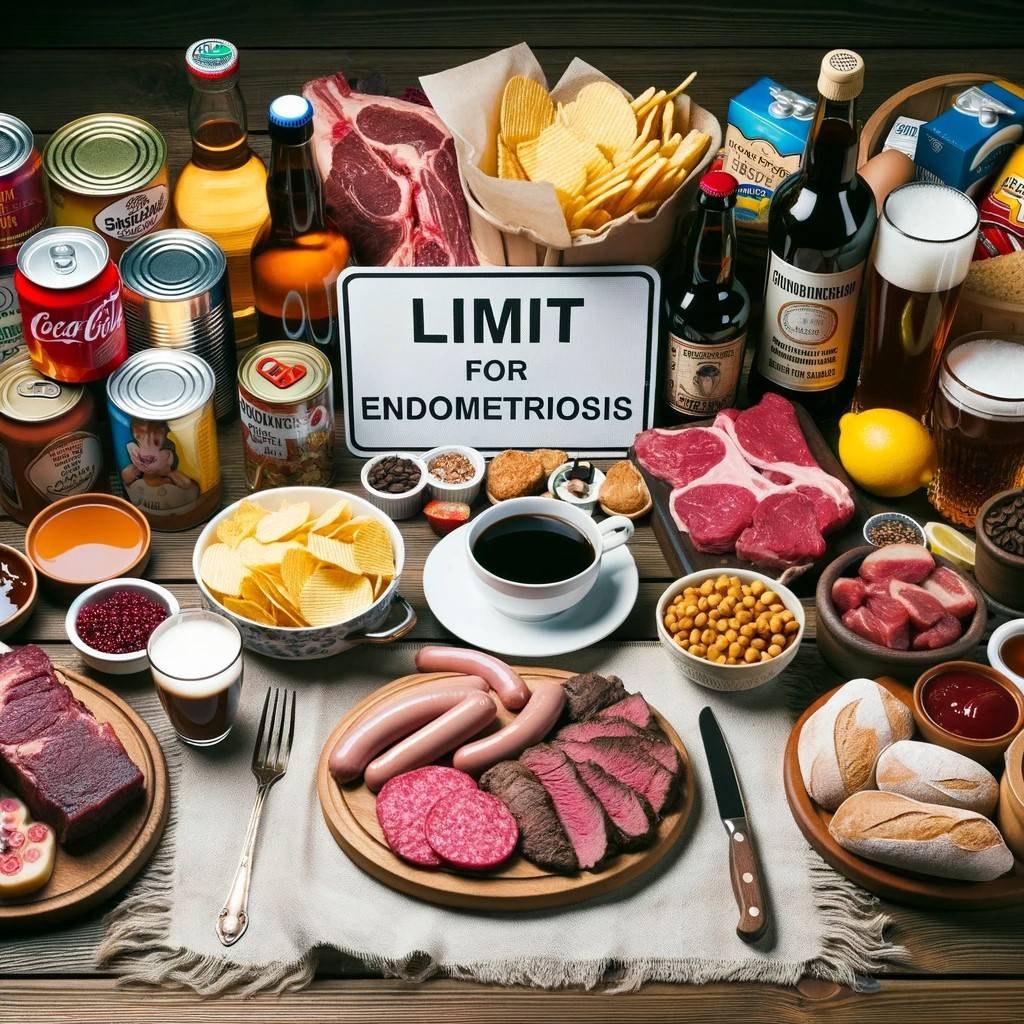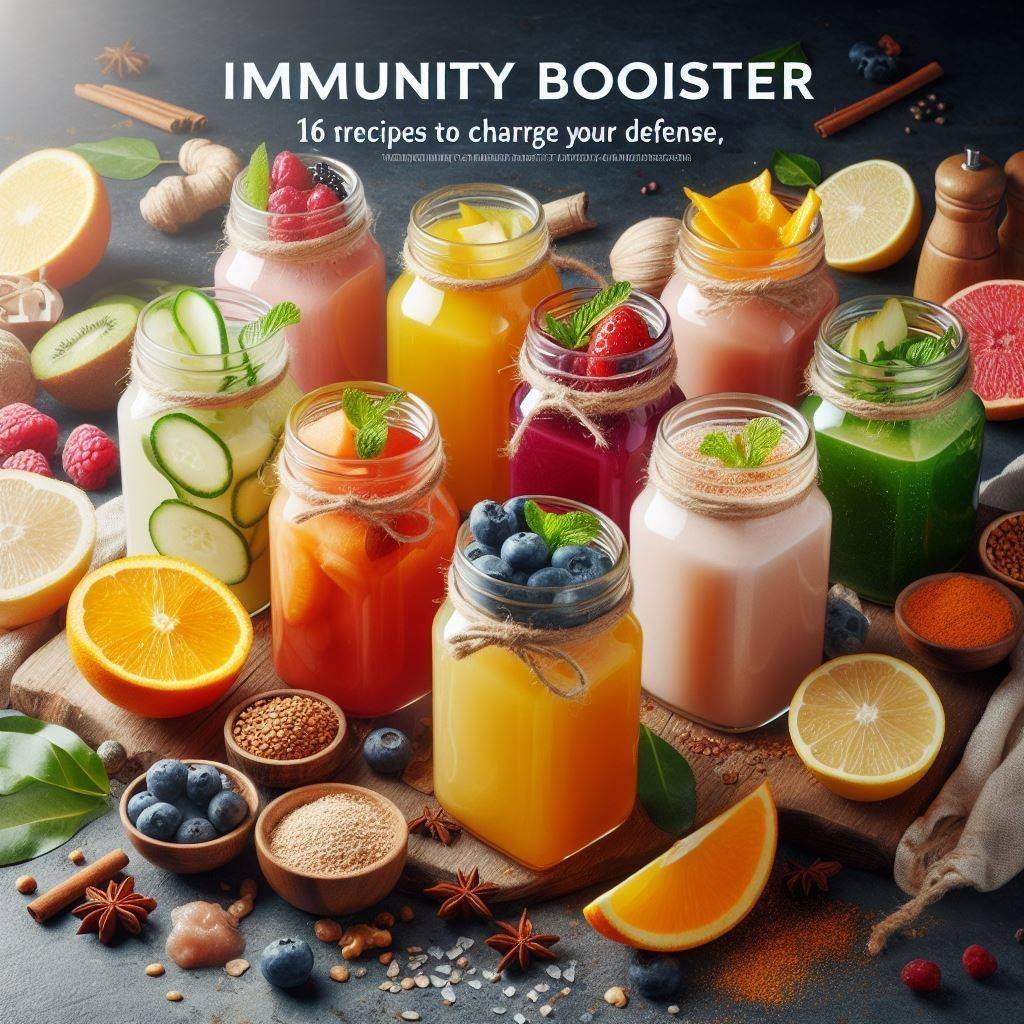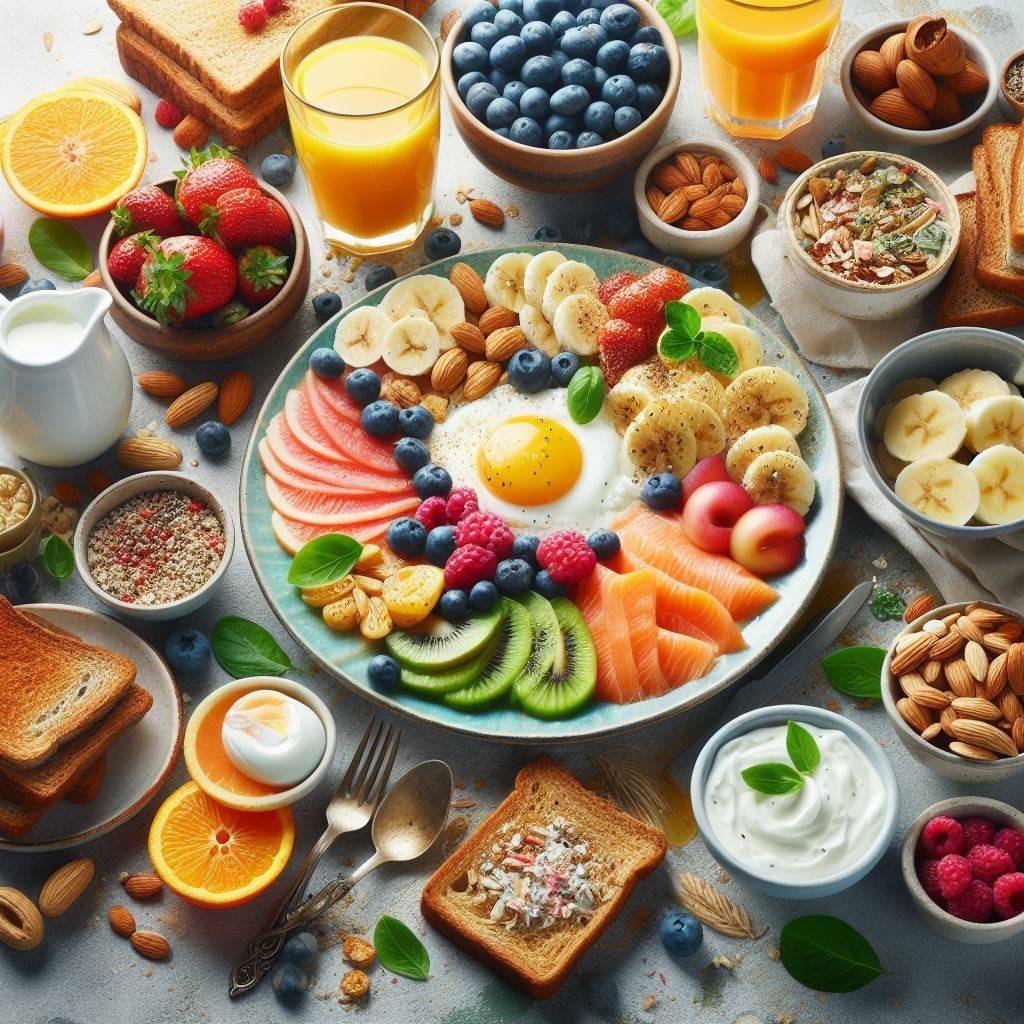Understanding Endometriosis and the Role of Diet
Endometriosis Diet: Explore an endometriosis diet and discover how to find comfort in the right foods. Take control of your health with dietary choices.
Introduction
In the vibrant tapestry of women’s health, endometriosis stands out as a condition that has long perplexed medical professionals and patients alike. This condition, affecting countless women globally, intertwines with various aspects of daily life, including nutrition. Our exploration today revolves around the Endometriosis Diet and how specific food choices can either soothe or exacerbate symptoms. Journey with us as we delve into this intricate relationship between endometriosis and the meals we consume.
What is Endometriosis?
Endometriosis is a condition where tissue resembling the lining inside the uterus, called the endometrium, starts growing outside the uterus. This abnormal growth can lead to pain, especially during menstruation, and can affect other organs in the pelvis. According to the World Endometriosis Society, it’s estimated that around 10% of women globally experience this condition at some point in their lives.
- Symptoms include:
- Painful periods
- Pain during intercourse
- Heavy menstrual bleeding
- Infertility in some cases
Endometriosis has profound implications. Beyond the physical discomfort, it has emotional and social repercussions, affecting relationships, work, and overall quality of life. It’s not merely a medical condition; it’s a life condition.
The Science Behind Endometriosis and Nutrition
The intriguing nexus between endometriosis and nutrition is grounded in scientific research. A key player in this narrative is inflammation. Chronic inflammation is believed to exacerbate endometriosis symptoms. The foods we eat can either dampen or fuel this inflammation.
Research from the American Journal of Obstetrics & Gynecology suggests that diet plays a pivotal role in managing endometriosis. Nutritional choices can influence hormonal balance, inflammatory response, and overall gut health. The gut, in particular, emerges as a significant actor in this drama. A healthy gut can have a protective effect against endometriosis, while an imbalanced gut can worsen its symptoms.
Foods to Include in an Endometriosis Diet

Embarking on the Endometriosis Diet journey involves embracing certain foods that can be allies in managing this condition. Let’s explore some nutritional supports:
Omega-3 Fatty Acids
Supported for their anti-inflammatory prowess, omega-3 fatty acids are a must-add to the Endometriosis Diet. Regular consumption of these fats has been linked to reduced inflammation markers in the body.
- Top sources include:
- Salmon
- Mackerel
- Flaxseeds
- Walnuts
Dietary Fiber
A hero for gut health, dietary fiber aids in digestion, ensuring smooth bowel movements. Furthermore, fiber-rich foods can help regulate estrogen levels, alleviating endometriosis symptoms.
- Prime sources are:
- Whole grains like quinoa and oats
- Legumes such as lentils and chickpeas
- Fruits, especially berries and apples
- Vegetables like broccoli and Brussels sprouts
Antioxidant-Rich Foods
Antioxidants are nature’s defence mechanism against oxidative stress, which is believed to be a contributor to endometriosis progression. Including these in your diet can counteract this harmful process.
- Go-to sources encompass:
- Blueberries and strawberries
- Almonds and walnuts
- Spinach and kale
- Dark chocolate (in moderation, of course!)
Foods to Avoid or Limit with Endometriosis Diet

While some foods can be your allies in the battle against endometriosis, others might just be your adversaries. It’s essential to be discerning about your food choices.
Processed Foods
Processed foods, often loaded with additives, preservatives, and unhealthy fats, can heighten inflammation. They can disrupt the body’s hormonal balance, worsening endometriosis symptoms.
- What to watch out for:
- Canned goods with high sodium content
- Packaged snacks, especially those with trans fats
- Sugary beverages
- Foods with artificial sweeteners and colours
Red Meat
Studies, like those from the National Institutes of Health, have drawn connections between high red meat consumption and exacerbated endometriosis symptoms. While the exact cause remains a subject of research, it’s advised to reduce red meat intake.
- Consider these protein alternatives:
- Poultry, like chicken and turkey
- Fish, especially those rich in omega-3
- Plant-based proteins like tofu and tempeh
Caffeine and Alcohol
Both caffeine and alcohol can have varying effects on individuals with endometriosis. Some women find relief by limiting their intake, while others might not notice a difference.
- Recommendations:
- Limit coffee to 1-2 cups a day
- Choose herbal teas like chamomile or peppermint
- If consuming alcohol, choose red wine for its antioxidant properties, but always in moderation
The Role of Supplements in an Endometriosis Diet
Dietary supplements can play a supplementary role—pun intended—in managing endometriosis. However, it’s paramount to consult with healthcare professionals before incorporating them.
Vitamins and Minerals
Certain vitamins and minerals have shown promise in supporting women with endometriosis.
- Key supplements include:
- Magnesium: Helps with muscle relaxation and might alleviate menstrual cramps
- Vitamin D: An immune system modulator that may help with endometriosis pain
- Omega-3 supplements: For those who don’t consume fish, these can be a way to get anti-inflammatory benefits
Sample Endometriosis Diet Meal Plans
Crafting a meal plan tailored for endometriosis can be a culinary adventure. Here are some meal inspirations:
- Breakfast:
- Quinoa porridge topped with berries, chia seeds, and a drizzle of honey
- Green smoothie with spinach, avocado, flaxseeds, and almond milk
- Lunch:
- Grilled chicken salad with mixed greens, cherry tomatoes, olives, and a lemon-olive oil dressing
- Lentil soup paired with a whole-grain roll
- Dinner:
- Baked salmon with a side of steamed broccoli and quinoa
- Vegetable stir-fry with tofu, bell peppers, snap peas, and a light soy sauce
- Snacks:
- A handful of walnuts or almonds
- Sliced cucumber and hummus
Lifestyle Tips to Complement the Endometriosis Diet
While the Endometriosis Diet plays a pivotal role in symptom management, it’s one piece of a larger wellness puzzle. Let’s unveil some lifestyle strategies that can amplify the benefits of your dietary efforts.
Regular Exercise
Regular physical activity can be a boon for those with endometriosis. Not only does it help in managing weight and hormonal balance, but it also releases endorphins, the body’s natural painkillers.
- Types of beneficial exercises include:
Stress Management
Chronic stress can exacerbate endometriosis symptoms. Embracing techniques to handle stress can be transformative.
- Effective strategies encompass:
- Mindfulness, meditation, and deep breathing exercises.
- Journaling or expressive writing.
- Engaging in hobbies and activities that bring joy.
Prioritizing Sleep
Sleep isn’t just about quantity; quality matters too. Restorative sleep can help regulate hormones, repair tissues, and enhance overall well-being.
- Tips for better sleep:
- Establishing a consistent bedtime routine.
- Creating a tranquil sleep environment: think dark, muted, and cool.
- Limiting screen time at least an hour before bed.
Real-Life Testimonials: Finding Comfort in Food

Hearing from those who’ve walked the path can be both enlightening and inspiring. Here are snippets from women who’ve embraced the Endometriosis Diet:
“Switching to an anti-inflammatory diet was a significant change for me. The painful cramps reduced significantly, and I felt more energetic.” – Maria, 32
“Incorporating omega-3-rich foods and cutting down on processed items made a noticeable difference. It’s as if my body was thanking me.” – Linda, 28.
Frequently Asked Questions (FAQs) about the Endometriosis Diet
The journey with endometriosis and diet is filled with queries. Let’s tackle some common ones:
Q: Which food good for endometriosis?
A: for the Endometriosis Diet, several foods can be beneficial. Omega-3 fatty acids, found in fish like salmon and mackerel, are great for reducing inflammation. Foods high in dietary fiber, such as whole grains, fruits, and veggies, can aid in digestion and hormone regulation. Also, antioxidant-rich foods like berries and dark leafy greens can help combat oxidative stress, which might be linked to endometriosis.
Q: What foods are worse for endometriosis?
A: In the journey of the Endometriosis Diet, it’s essential to tread carefully around certain foods. Processed foods packed with additives and unhealthy fats can increase inflammation. Regular consumption of red meat might aggravate endometriosis symptoms for some women. Also, while caffeine and alcohol affect everyone differently, some women with endometriosis have reported increased discomfort after consuming them.
Q: Can endometriosis eat eggs?
A: Eggs can be a part of the Endometriosis Diet for many. They’re a source of protein and essential nutrients. However, it’s always an idea to opt for organic or free-range eggs to avoid any potential hormones or additives that I think will be in conventionally farmed eggs. Everyone’s body is unique, so it’s crucial to monitor how you feel after eating eggs and adjust accordingly.
Q: Can endometriosis drink milk?
A: Milk and dairy products can be a bit tricky in the Endometriosis Diet. Some women find that dairy, especially if it’s full-fat, might worsen their symptoms. If you are lactose intolerant, a diary can certainly cause discomfort. However, others might be fine with it. If you’re unsure about milk, consider planting-based alternatives like almond or soy milk and see how your body responds.
Q: Is a gluten-free diet beneficial for endometriosis?
A: While some women report relief after eliminating gluten, scientific evidence is still inconclusive. It’s essential to consult with a nutritionist before making such changes.
Q: Can dairy products exacerbate symptoms?
A: Some women with endometriosis find relief by reducing dairy intake, especially if they’re lactose intolerant. Opting for plant-based alternatives like almond or soy milk might be beneficial.
Q: How long does it take to see results after changing the diet?
A: Everyone’s body reacts differently. While some might notice changes within weeks, for others, it might take a few months. Patience and persistence are key.
Conclusion
Endometriosis is intricate, and so is its relationship with food. By adopting the Endometriosis Diet and complementing it with a holistic lifestyle, one can navigate this journey with resilience and hope. Remember, every meal is an opportunity to nourish and heal.
Finally
We’d love to hear about your journey with endometriosis and diet. Share your experiences, tips, and recipes with our community. Together, we can create a tapestry of healing and hope.



